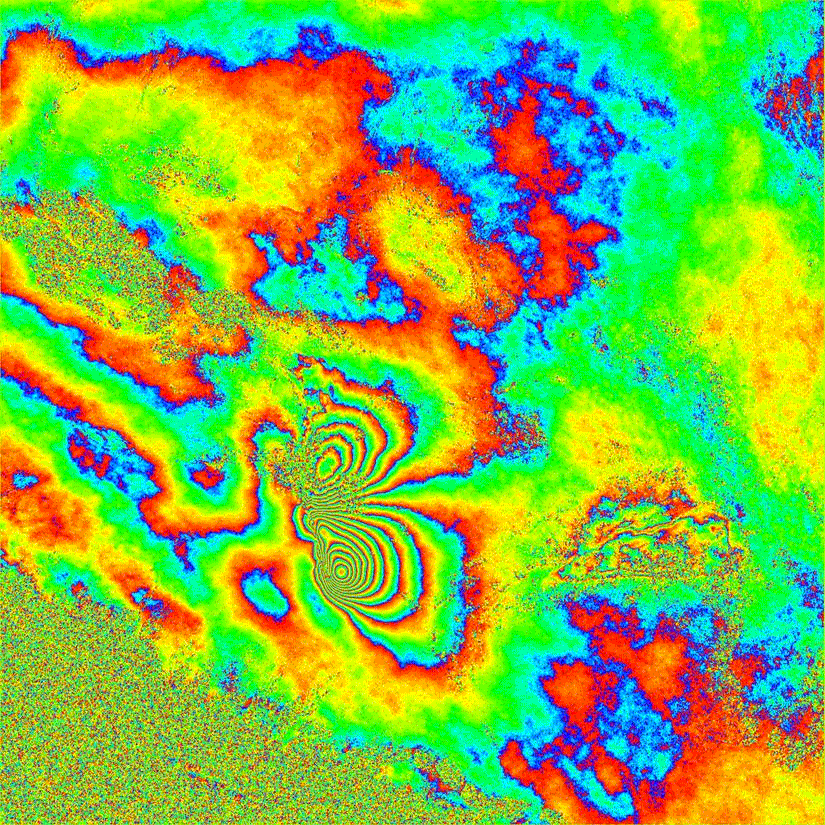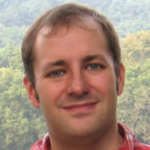SARCon
The key importance of radar remote sensing for civil applications has been recognized for decades, and enormous scientific and technical developments have been carried out in the last years. SAR satellite constellations consisting of two or more satellites are getting the “new normal” in SAR remote sensing. The present availability of the high-resolution sensors CosmoSkyMed, TerraSAR-X/TanDEMX, RadarSat-2, SAOCOM-CS and the Copernicus sensors Sentinel-1 A and B, supplying a continuous stream of free imagery, offers an unprecedented amount of high quality SAR data, suitable for a variety of applications provided proper data processing methodology are applied. Future concepts, like a geosynchronous SAR or the use of non-traditional orbits for fast revisiting times over areas of interest are also important concepts for the future development of SAR remote sensing. Therefore, this wide technological availability stimulates methodological advances and innovative concepts, and new applications are opened or the already established ones are benefiting of a sort of second life.

Chairs
 Prof. Dr.-Ing. Timo Balz, LIESMARS, Wuhan University. |
THEMES OF EVENT
This Workshop aims to bring together researchers involved in different topics related to SAR, from the constellations, to the methodology and algorithms and to the thematic and geometric applications.
- Theories, methods, and systems for the analysis of SAR imagery
- DEM/DSM and global DEM generation and accuracy assessment techniques and applications
- Surface motion estimation from SAR
- Discussion on new SAR satellite constellations for bi-static and mono-static pursuit pairs
- Non-sun-synchronous orbits and Geosynchronous SAR
- Physical modelling of electromagnetic radiation, analysis of spectral signatures, image classification, data fusion, pattern recognition, and quality control
- Big SAR data processing
- Ground based SAR Interferometry
- Applications in monitoring and assessing environment, landuse/landcover, nature resources, weather/atmosphere and climate, cryosphere, coastal and ocean, forestry/agricultural ecosystems/biodiversity, and archaeology
- Object extraction from InSAR data
Scientific Committee
- PD Dr.-Ing. Michael Schmitt, Technical University of Munich
- Rafael Rosa, Orbisat da Amazônia S. A (ORBISAT), São José dos Campos, Brazil
- Teng Wang, Peking University
- Batuhan Osmanoglu, NASA Goddard Space Flight Center, USA
- Susaki Junichi, Kyoto University, Japan
- Zhenhong Li, Newcastle University, UK
- Sayjin Abdikan
- Uwe Soergel, University Stuttgart, Germany
- Mattia Crespi, University of Rome, Rome
- Michele Crosetto, Centre Tecnològic de Telecomunicacions de Catalunya (CTTC), Spain
- Bahram Salehi, State University of New York, USA
